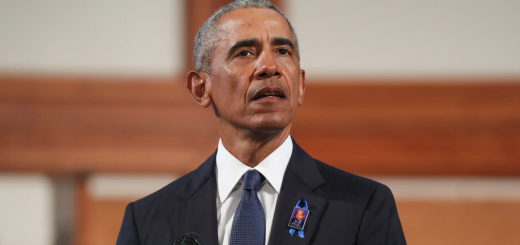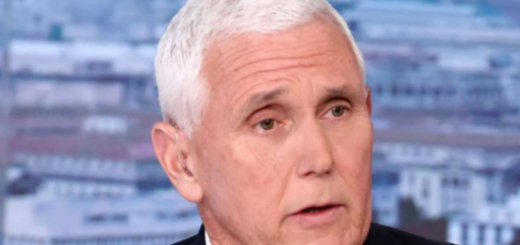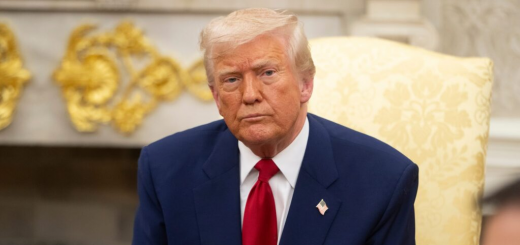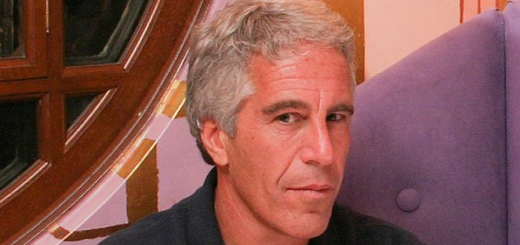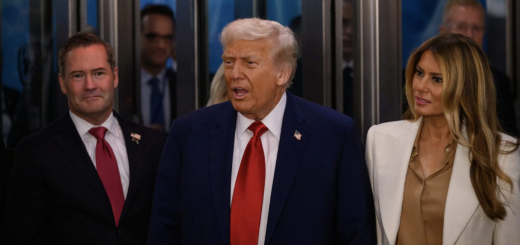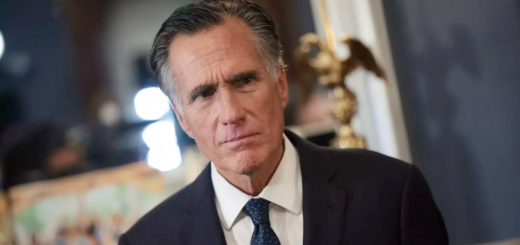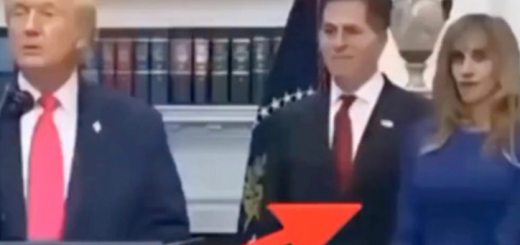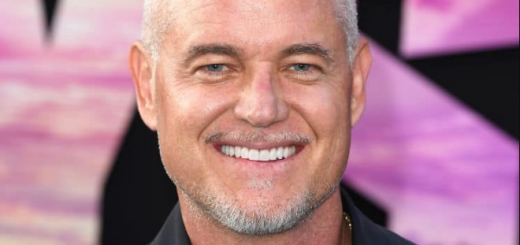FEMA Chief Dismissed After Congressional Testimony Criticizing Trump-Era Disaster Strategy
In a dramatic shake-up at the Department of Homeland Security, Cameron Hamilton has been relieved of his duties as the acting administrator of the Federal Emergency Management Agency (FEMA) following controversial testimony before Congress.
Hamilton’s removal was confirmed just one day after he publicly pushed back against potential plans to dismantle FEMA, a proposal recently floated by Trump administration officials.
According to a report by Politico, Hamilton was summoned to DHS headquarters in Washington, D.C., where he was dismissed by Deputy Secretary Troy Edgar and senior Trump adviser Corey Lewandowski.
The dismissal appears to have been triggered by remarks Hamilton made during a House Appropriations subcommittee hearing, where he opposed the idea of eliminating FEMA in favor of transferring its responsibilities to state governments.
“I do not believe it is in the best interests of the American people to eliminate the Federal Emergency Management Agency,” Hamilton told lawmakers during his testimony, directly contradicting recent statements by Homeland Security Secretary Kristi Noem and former President Donald Trump, both of whom have expressed skepticism about FEMA’s effectiveness in recent years.
Hamilton, a former Navy SEAL with a reputation for discipline and leadership, had reportedly considered resigning months earlier amid growing tensions inside the department.
However, he chose to remain after staff within FEMA urged him to stay on during a turbulent political transition.
Following Hamilton’s removal, FEMA issued a formal statement confirming that David Richardson, previously the Assistant Secretary for the DHS Countering Weapons of Mass Destruction Office, would now assume the role of Senior Official Performing the Duties of FEMA Administrator.
Hamilton’s dismissal comes amid broader upheaval within the agency. Just days earlier, four FEMA employees were fired over what DHS officials described as an “egregious” misuse of agency funds — specifically, making unauthorized payments to house undocumented migrants in luxury hotels in New York City.
The incident gained national attention after tech entrepreneur Elon Musk posted on X (formerly Twitter) that FEMA had recently allocated $59 million to fund luxury hotel accommodations for migrants.
Musk criticized the move, stating: “That money is meant for American disaster relief and instead is being spent on high-end hotels for illegals.” DHS has since confirmed that a formal effort is underway to recoup the misallocated funds.
Meanwhile, Trump has continued to voice strong criticism of FEMA’s past performance, particularly in the aftermath of Hurricane Helene, which struck parts of North Carolina last fall.
During a recent visit to the state, Trump told reporters he was considering a sweeping overhaul of FEMA — or possibly eliminating the agency altogether — citing what he described as years of underperformance.
“I’ll be signing an executive order to start the process of fundamentally reforming or maybe even getting rid of FEMA,” Trump announced. “Frankly, I don’t think FEMA is doing a good job.”
Trump emphasized that states should play a larger role in managing disaster recovery, arguing that local governments are often more efficient and responsive.
“Let the states take care of their tornadoes, hurricanes, and other disasters. They’ll do it faster and at less than half the cost,” he said.
Despite the controversy, Trump pledged federal support for rebuilding efforts in storm-ravaged areas, assuring residents in North Carolina that his administration would act swiftly and effectively.
“We’re going to fix it, and we’re going to fix it fast,” he said. “FEMA let the country down, but we’re going to take over and do what’s needed.”
Hamilton’s departure signals potential long-term changes in the federal government’s approach to disaster management.
As debate continues in Washington over FEMA’s future, questions remain about whether emergency response should remain a federal responsibility or be shifted to the states.

